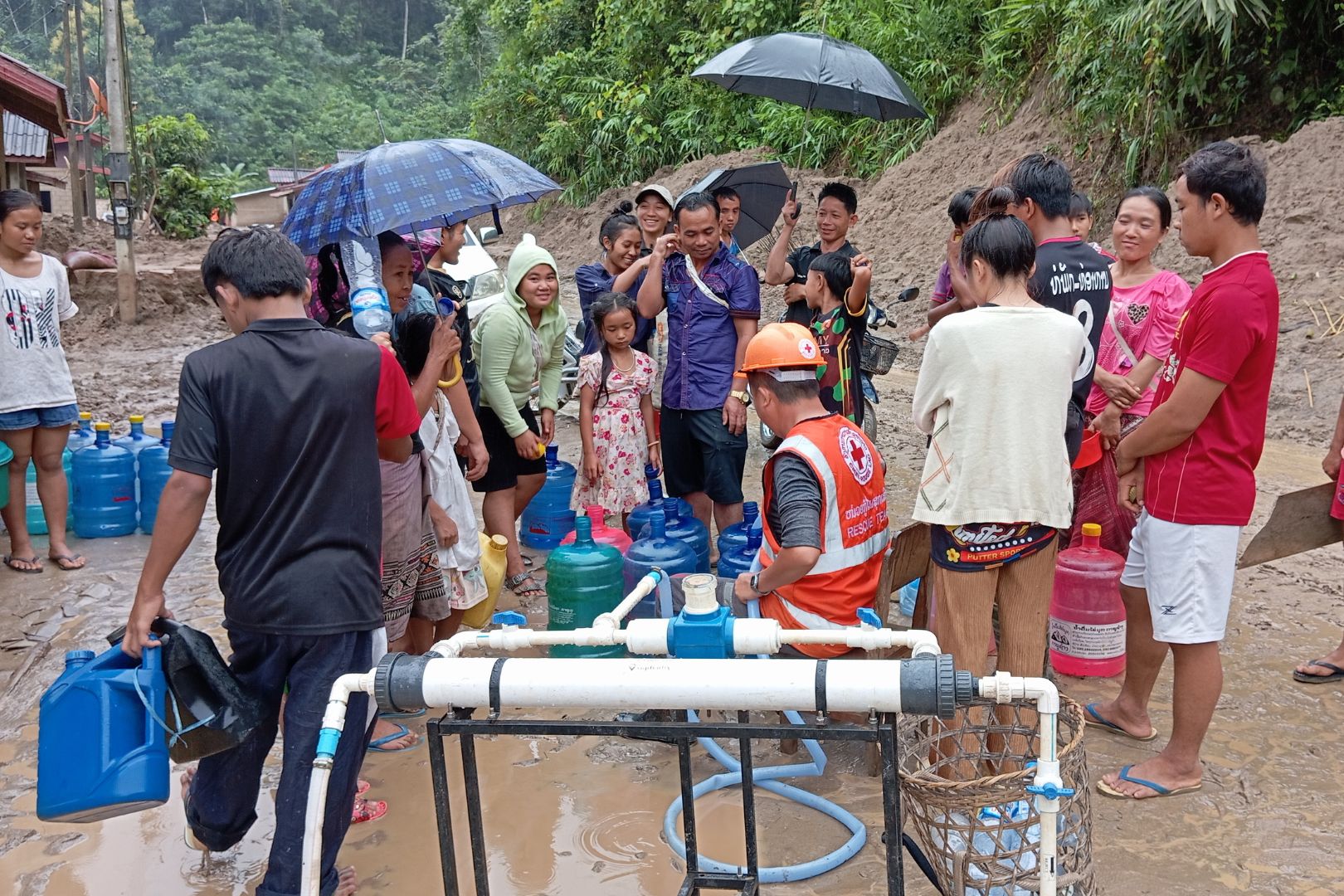
Singapore, 29 August 2024 – In response to the severe flooding and landslides caused by heavy rainfall in Lao People’s Democratic Republic, the Singapore Red Cross (SRC) is pledging SGD50,000 to support emergency operations, providing essential assistance and relief to the affected communities through the Lao Red Cross (LRC).
SRC is currently working closely with the LRC to monitor and assess the situation, and may potentially deploy a team of volunteers to the affected areas to conduct needs assessment and assist with relief efforts.
“The floods and landslides in Lao have caused extensive damage to homes, agriculture and infrastructure, and hindered efforts to deliver initial relief assistance to the affected communities. We are working closely with the Lao Red Cross to offer humanitarian assistance to the affected communities and to address the immediate needs,” said Mr Benjamin William, Secretary General/CEO of the Singapore Red Cross.
The LRC has been actively responding to the crisis through the construction of water barriers, relocation of assets and livestock, houses and roads cleaning, distribution of relief kits to affected communities, and provision of clean water. The LRC continues to conduct needs assessments on the ground, and SRC remains in close contact to monitor the situation and stands ready to provide additional assistance.
Heavy rainfall from 22 July 2024 driven by a strong southwest monsoon led to widespread flooding and landslides across central and northern Lao PDR. The provinces of Luang Prabang, Huaphan, Xiengkhuang, Borlikhamxay, Khammuane, and Salavan have been significantly affected, with approximately 19,600 people across 261 villages impacted. The floods and landslides have severely impacted livelihoods, with many losing their homes and agriculture livestock. The floods have also caused extensive damage to infrastructure, including roads, bridges, and essential services such as hospitals and water systems. Adverse weather and poor road conditions have hindered efforts to collect data and deliver initial relief assistance to affected communities.

